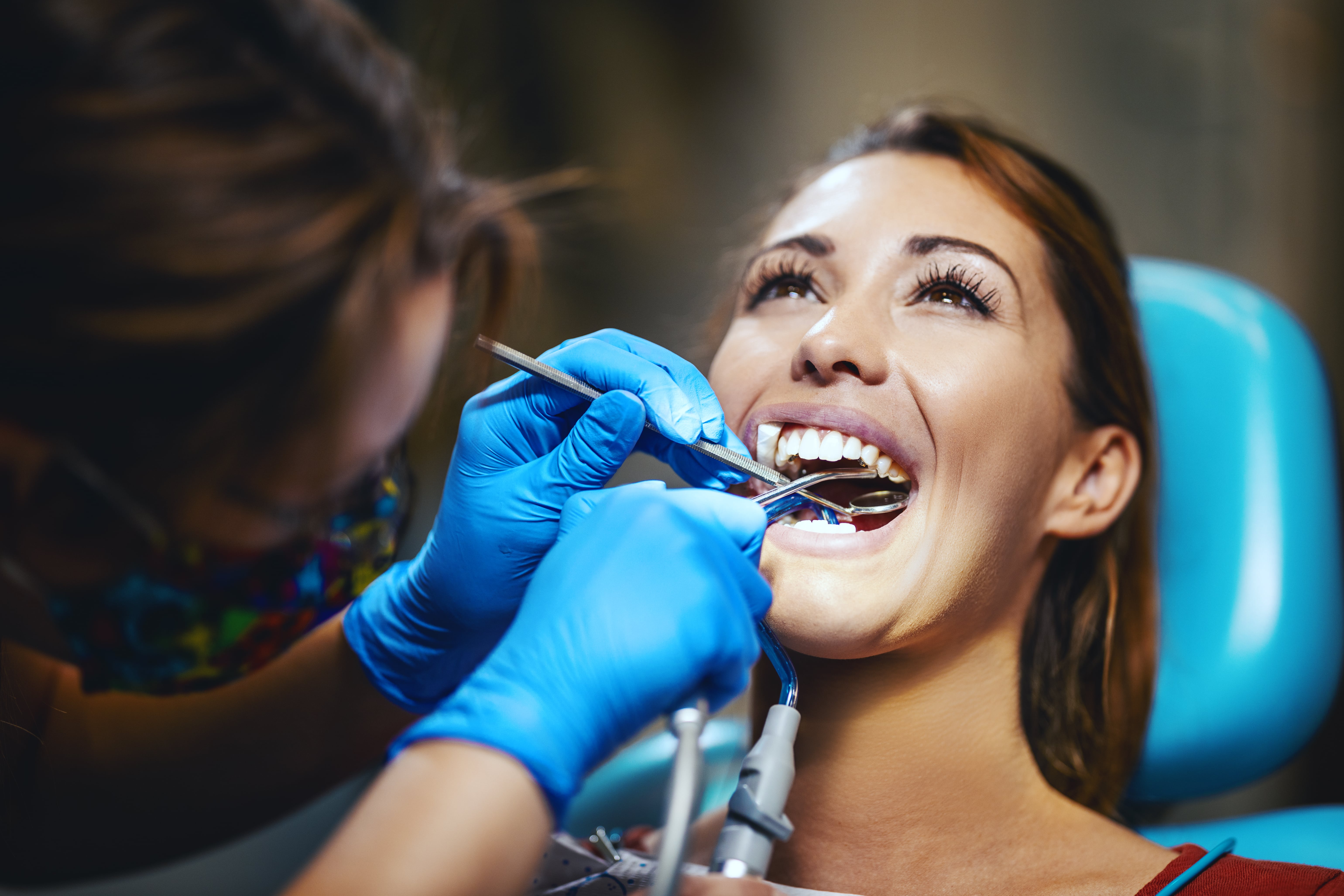
Dental bonding is a procedure in which your dentist restores your damaged, broken, or chipped tooth. The procedure doesn’t require total tooth removal. Your dentist will just remove the damaged or chipped area and restore the leftover tooth structure.
Dental Bonding Procedure
Your dentist will first try to find the resin color that matches your teeth natural color. Then he will apply the liquid and place the bonding agent so it can get stick to the tooth. Next, he will apply composition resin to the liquid and shape the teeth and hardens it by using ultraviolet blue rays.
This procedure is necessary for those who have damaged, chipped, or discolored teeth. Bonding and dental restoration might be a perfect option for these kinds but people with severe damage may need another dental procedure.
What Are The Risks?
No matter how easy and safe this procedure is, still there are some risk factors related to dental bonding.
Resin is not strong just as natural teeth. They are always at the risk of getting broke someday.
Even the bonded tooth might get chips if you eat hard food, or food too roughly.
Avoid nail biting, chewing on pen and pencil, or eating hard food like rock candy, ice, or fried chicken.
Preparation before Bonding
There is not much preparation before dental bonding but you may need an oral or teeth examination so your dentist can check whether you are eligible for this procedure or not. Some tooth injuries or extremely damage do not require bonding. Instead, they require more dental procedures.
Dental Veneers vs. Dental Bonding
The purpose of these procedures is the same. They restore teeth cosmetically but the procedures are way different from each other. Like, the dental veneers are prepared in the laboratory and then attached to the surface of the tooth with an adhesive. While the bonding is done directly on the tooth structure.
Care After Bonding
Extra care after dental bonding extends the period of bonded tooth. Even though we know this procedure does not last long but extra care and performing proper oral hygiene can keep these bonded teeth healthy and strong for a long time.
Here are few things to do: